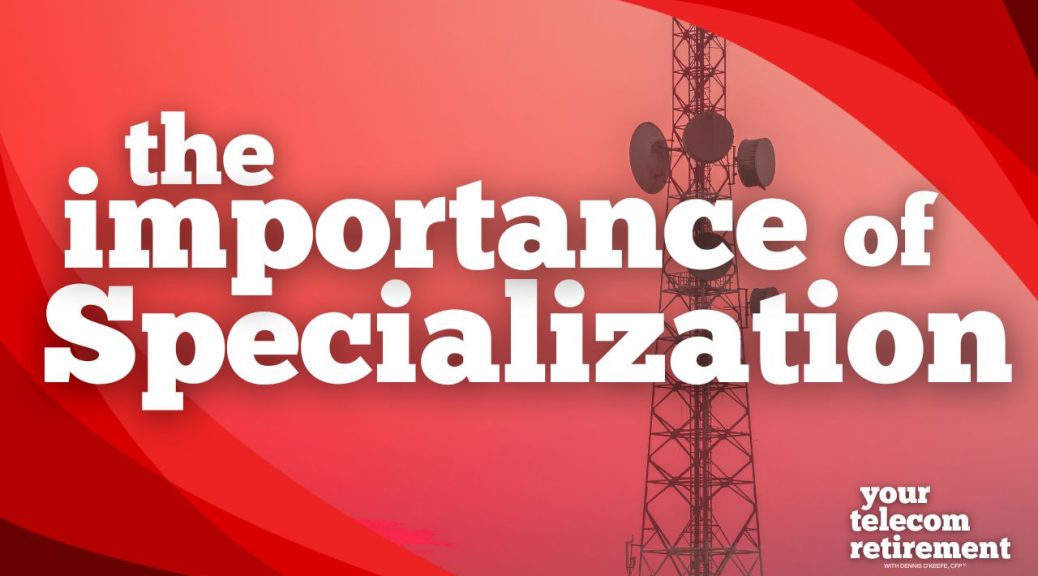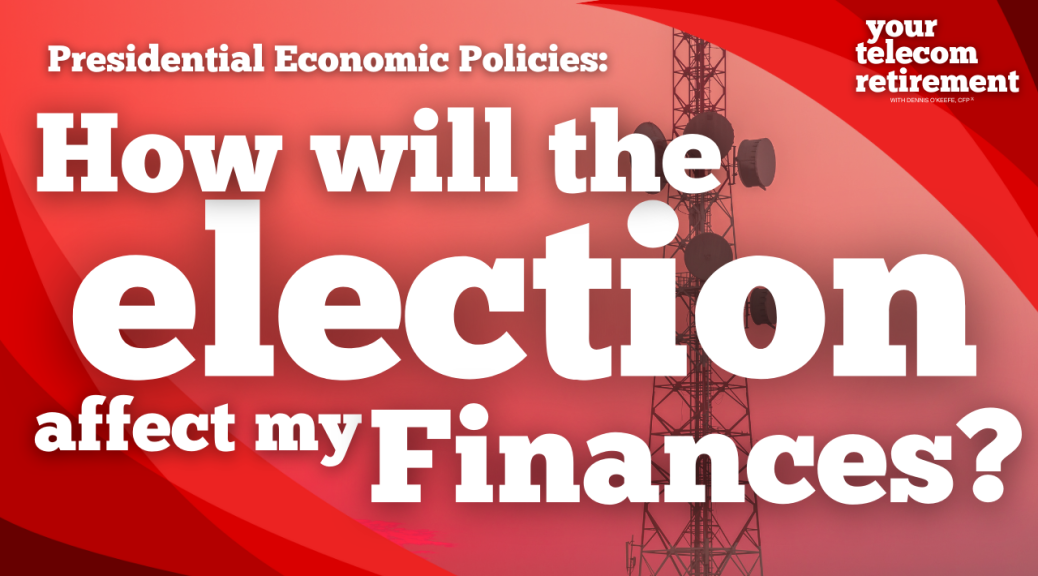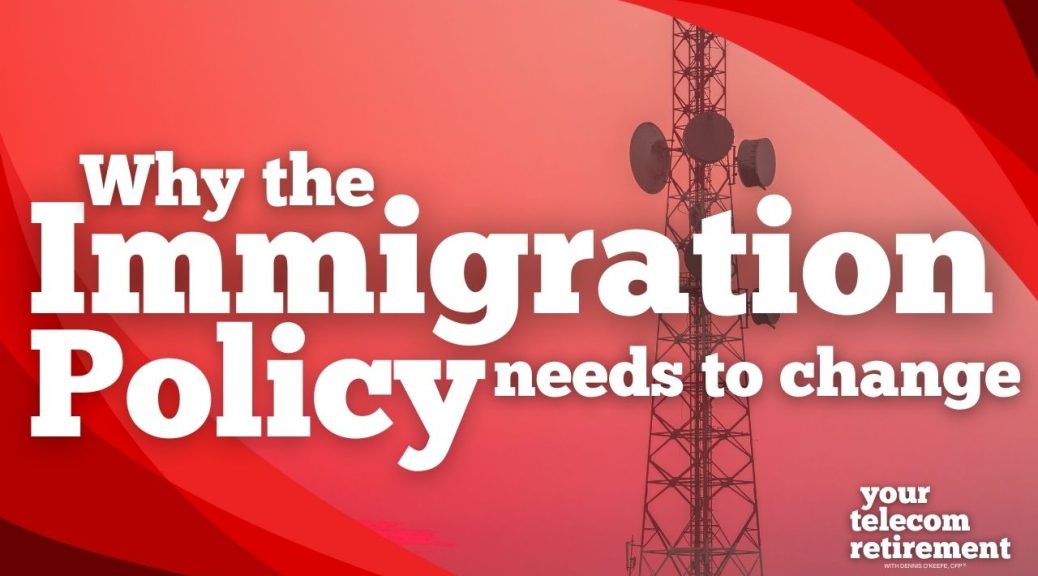
Financial Wellness: Your First Meeting with an Advisor
Podcast: Play in new window | Download | Embed
When it comes to financial planning, the first meeting is about more than just crunching numbers—it’s about understanding your full financial picture, addressing your concerns, and setting a foundation for informed decision-making.
Join CERTIFIED FINANCIAL PLANNER™, Dennis O’Keefe walks you through what happens in that initial conversation and how he and his team have designed it to be a comfortable, collaborative experience.
Whether you’re preparing for retirement, evaluating your investments, or simply seeking guidance, this episode will give you a clear understanding of what to expect in your first meeting with a financial advisor—and how it can set the stage for a secure financial future.
Dennis discusses:
- The stress of initial financial meetings vs. doctor visits [00:05:00]
- How personal history shapes our interactions with professionals [00:10:00]
- Importance of building trust and privacy in financial consultations [00:20:00]
- Comprehensive financial assessments tailored to individual needs [00:35:00]
- An engaging explanation of why client comfort is key to long-term success [00:45:00]
- And more
Connect with Dennis O’Keefe:
All content presented is for educational purposes only and should not be construed as an endorsement of any third party, or as a solicitation or offer to sell securities or provide investment, tax, legal, or consulting services, and should not be acted upon without obtaining specific advice from a qualified professional.
We believe the information presented to be reliable but is not guaranteed as to its accuracy or completeness. All examples are hypothetical and for illustrative purposes only. Any opinions or statements by third parties are their own and may not be representative of the experience of others or indicative of future investment performance or success. No compensation has been exchanged for any testimonials, endorsements, and/or recognitions.








